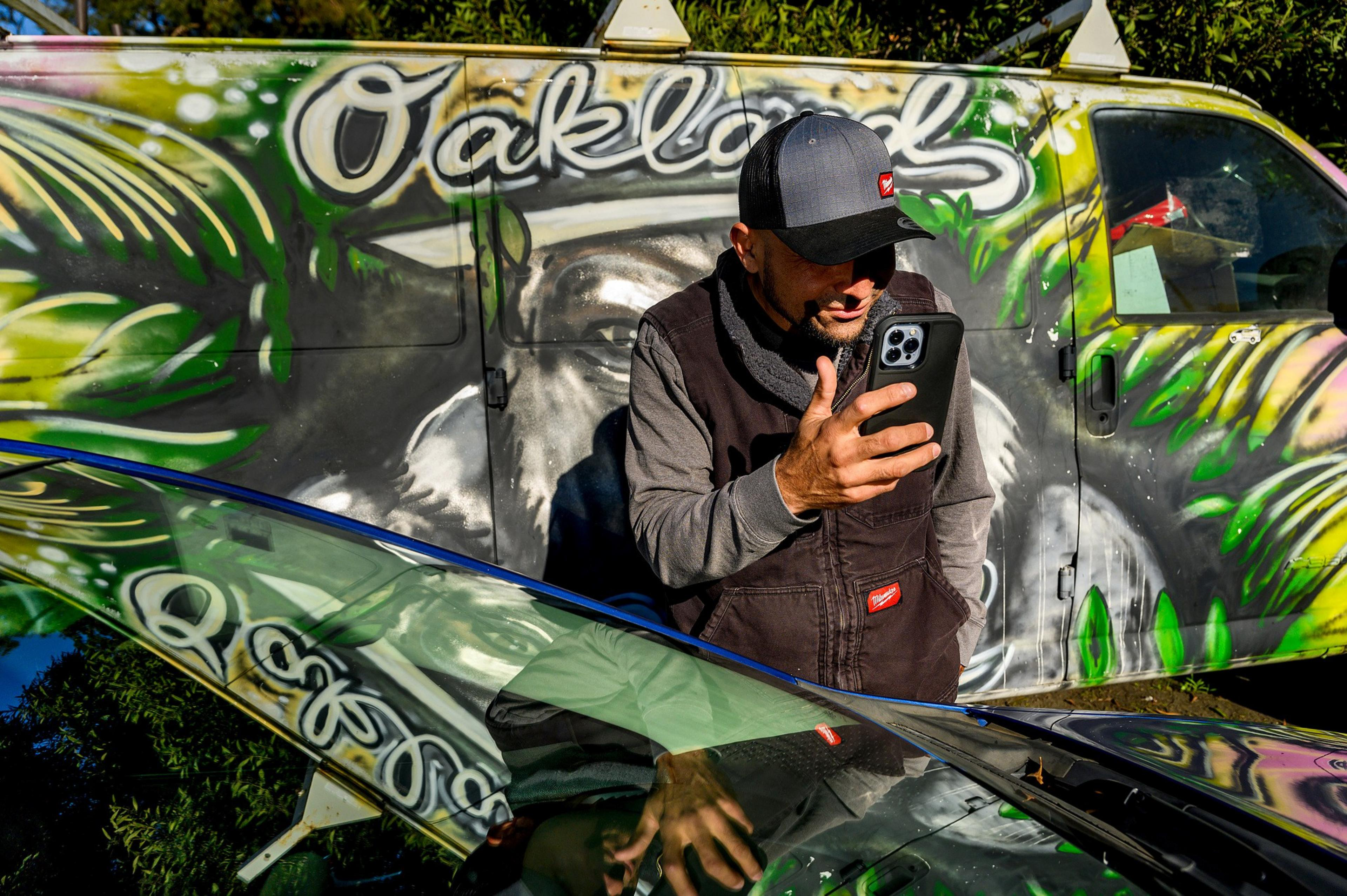Hundreds of high-tech surveillance cameras are being installed in Oakland and surrounding freeways to battle crime, California Gov. Gavin Newsom announced Friday.
Newsom, a Democrat, said that the California Highway Patrol has contracted with Flock Safety to install 480 cameras that can identify and track vehicles by license plate, type, color, and even decals and bumper stickers. The cameras will provide authorities with real-time alerts of suspect vehicles.
Opponents say the technology infringes on privacy and will lead to further police abuse of already marginalized communities.
But Newsom, who has deployed state attorneys and CHP officers to assist Oakland in its crackdown on crime, said the surveillance network will give law enforcement tools “to effectively combat criminal activity and hold perpetrators accountable—building safer, stronger communities for all Californians.”
Public safety remains a concern statewide, especially retail theft, forcing even liberal leaders of Democratic cities to embrace increased policing.
But while crime has dropped in other big California cities, it has surged in Oakland, a city of roughly 400,000 across the bay from San Francisco. In-N-Out Burger closed its only restaurant in Oakland—the first closure in its 75-year history—due to car break-ins, property damage, theft and robberies.
On Thursday, the CEOs of four major employers in downtown Oakland announced plans for a joint $10 million security program to improve public safety and protect employees. The companies are Blue Shield of California, Clorox, Kaiser Permanente and Pacific Gas & Electric.
Cat Brooks, executive director of the Anti Police-Terror Project and a 2018 Oakland mayoral candidate, said Friday that money will be spent on faulty technology and placed in poor communities to further terrorize Black, Latino and other vulnerable residents.
“How many people could be housed or trained into a living-wage job or sent to college and get health care, things that actually keep people safe?” she said. “You’re divesting in Oakland. You are taking critical resources that this city so desperately needs to build whole, happy, safe communities, and you’re putting that toward the same failed strategies.”
Neither the governor’s office nor California Highway Patrol have said how much the contract will cost.
Nearly 300 of the cameras will be deployed on city streets and the remainder will be deployed on nearby state highways, according to the governor’s statement.
For the sake of privacy, footage will be retained for 28 days and will not be shared with third parties beyond California law enforcement, Newsom’s office said.
Earlier this month, voters approved a ballot measure backed by San Francisco Mayor London Breed to grant police access to drones and surveillance cameras.


